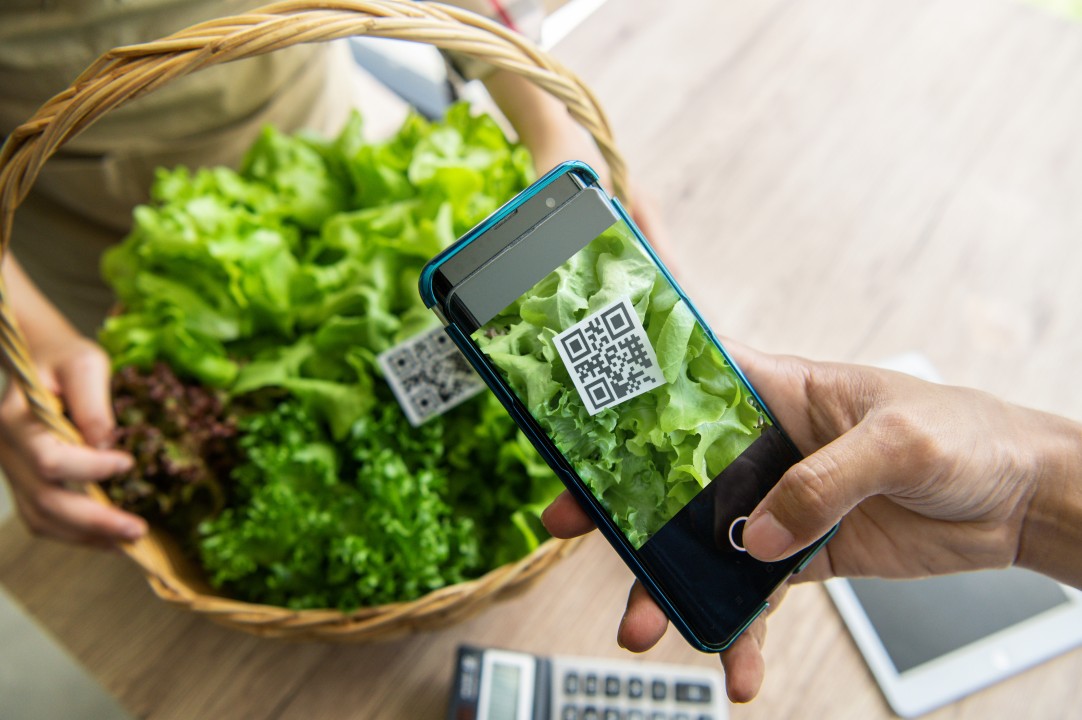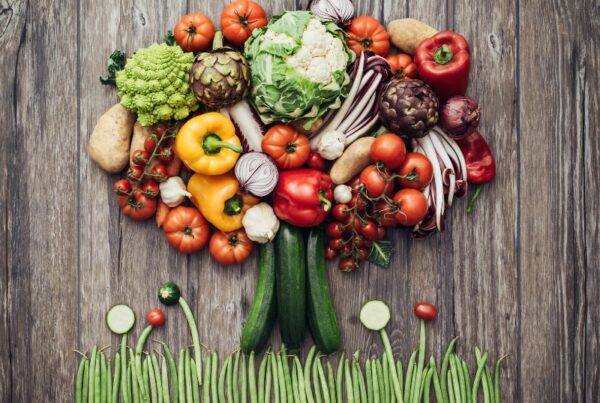A Revolutionary Approach to Traceability in 2024
As we enter the year 2024, advancements in technology continue to reshape industries worldwide, and the realm of traceability is no exception. The need for robust traceability practices has become paramount across various sectors, from food and pharmaceuticals to fashion and electronics. We will explore the cutting-edge technologies shaping the traceability landscape in 2024 and revolutionizing how we track and verify the origins, quality, and movement of products, including their indispensable role in food distribution and cross-docking services offered by companies like True Grade.
- Blockchain and Distributed Ledger Technology:
Blockchain technology continues to revolutionize traceability by providing an immutable and tamper-resistant record of product information. Blockchain-based systems allow multiple stakeholders to view and validate transactions, ensuring transparency and trust. In 2024, we can expect to see blockchain evolving further, with more widespread adoption and integration into existing supply chain management systems, enabling seamless data sharing and enhancing traceability across complex global networks. Wholechain, a leader in blockchain traceability for the food industry, ensures end-to-end transparency in food distribution, enhancing food safety and quality.
- Artificial Intelligence (AI) and Machine Learning (ML):
AI and ML have transformed numerous industries and are now making their mark in traceability. AI algorithms can analyze vast amounts of data quickly and accurately, enabling real-time tracking of products. These technologies can identify patterns, detect anomalies, and predict potential risks within supply chains. By harnessing AI and ML, businesses can enhance traceability by proactively identifying and addressing issues, reducing fraud, and improving quality control processes.
- Internet of Things (IoT) and Sensor Integration:
The IoT revolutionizes traceability by connecting physical assets to digital networks. IoT sensors embedded in products and packaging allow for real-time monitoring of conditions such as temperature, humidity, and location. These sensors can transmit data wirelessly, providing stakeholders with up-to-date information about a product’s journey. With IoT and sensor integration, traceability becomes more precise, ensuring adherence to quality standards and facilitating proactive decision-making throughout the supply chain.
- Nanotechnology and Microchips:
Nanotechnology and microchips are becoming increasingly prevalent in traceability efforts. Manufacturers can embed tiny but powerful microchips or nanoparticles into products or packaging, enabling them to be scanned and tracked throughout their lifecycle. These chips can hold crucial information, including product origin, certifications, and handling instructions. Organizations can improve traceability accuracy by leveraging nanotechnology and microchips and easily access essential data.
- Augmented Reality (AR):
AR technology is revolutionizing traceability by bridging the gap between the physical and digital worlds. Through AR applications, users can scan products or packaging to access detailed information about their origins, manufacturing processes, and certifications. This technology empowers consumers to make informed choices and fosters greater trust in the products they purchase. Additionally, AR can help streamline inventory management and improve efficiency in warehouses and distribution centers.
In 2024, innovative technologies such as AI, ML, IoT, sensors, nanotechnology, blockchain, and AR are revolutionizing traceability across industries, promising secure, sustainable, and resilient supply chains in the future. Embracing these futuristic advancements improves transparency, accountability, and consumer confidence. Leveraging Wholechain’s blockchain traceability solutions further enhances the efficiency and reliability of the supply chain operations, benefiting our customers and stakeholders. This indispensable tool, in collaboration with companies like True Grade, ensures the highest quality and safety standards for all involved, enhancing traceability and transparency in food distribution and cross-docking services.







